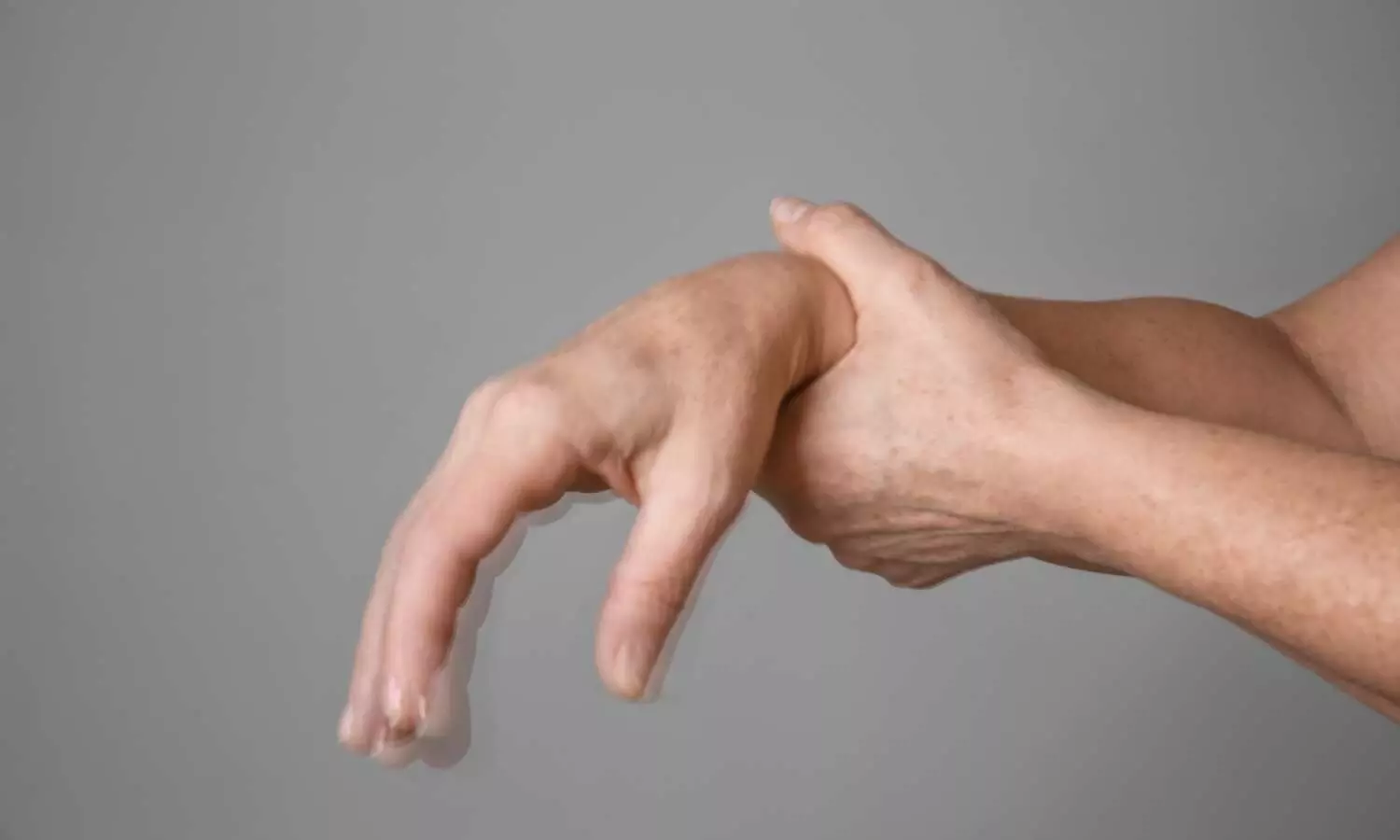New Once-a-Week Injectable May Replace Daily Parkinson’s Pills

New Delhi: A team of scientists in Australia, including researchers of Indian origin, has developed a new once-a-week injectable drug that could significantly improve the quality of life for over eight million people living with Parkinson’s disease. The innovation may replace the need for multiple daily tablets, addressing a major challenge in Parkinson’s care.
The injectable formulation, created by researchers at the University of South Australia (UniSA), provides a steady, week-long release of two key medications used in Parkinson’s treatment: levodopa and carbidopa. The research findings were published in the journal Drug Delivery and Translational Research.
Frequent dosing of Parkinson’s medication can be difficult for many patients, particularly the elderly and those with swallowing issues. This often results in inconsistent drug levels in the body, reduced effectiveness, and increased side effects. The UniSA team aimed to simplify the process through a long-acting injectable.
“Our goal was to create a formulation that simplifies treatment, improves patient compliance, and maintains consistent therapeutic levels of medication. This weekly injection could be a game-changer for Parkinson’s care,” said lead researcher Professor Sanjay Garg from UniSA’s Center for Pharmaceutical Innovation.
“Levodopa is the gold-standard therapy for Parkinson’s, but its short lifespan means it must be taken several times a day,” Garg added.
The injectable gel uses a combination of PLGA, a biodegradable polymer approved by the US FDA, and Eudragit L-100, a pH-sensitive polymer. Together, these ensure a controlled and sustained release of the medication. The formulation is designed to be administered under the skin or into muscle tissue, where it releases the drug gradually over seven days.
Lab tests showed that more than 90% of levodopa and over 81% of carbidopa were released over a week. The implant itself degraded by over 80% within that period and showed no significant toxicity in cell viability tests.
The drug can be delivered using a fine 22-gauge needle, avoiding the need for surgical procedures and minimizing discomfort for patients.
The researchers also believe the injectable system could be adapted for other chronic health conditions requiring long-term medication, including cancer, diabetes, neurodegenerative diseases, pain management, and chronic infections.
(With inputs from IANS)


